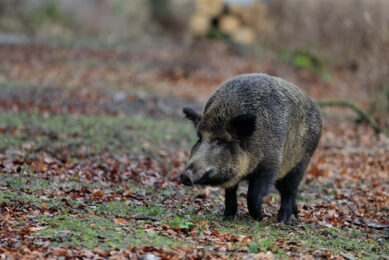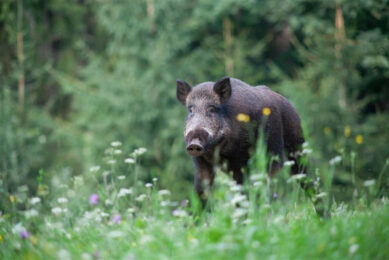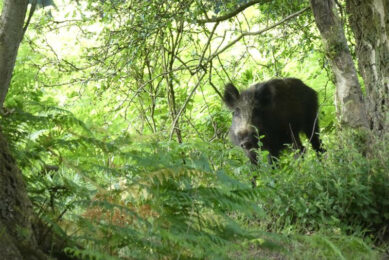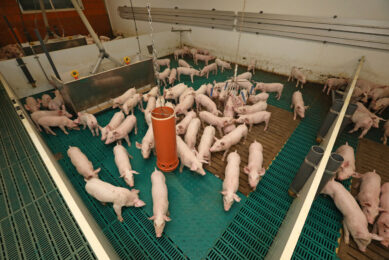Antibiotics with a strong emphasis on ‘prudent use’

With antibiotics receiving increasing amounts of scrutiny in the EU and elsewhere in the world, manufacturers of these products cannot get away with solely promoting the product. A strong story of prudent use is necessary to convince veterinarians and producers alike.
This spring, multinational animal health company Huvepharma launched its product Pharmasin 100% Water Soluble Granules (WSG) – and its whole approach was built around the emphasis on prudent and careful use. The product is built around the macrolide antibiotic tylosin, to be used for pigs and poultry, for veterinary purposes. It had already been in existence as a powder variety, to be used in premixes, and now a soluble variety was added.
In pigs, the product can be used to prevent or cure Porcine Intestinal Adenomatosis (PIA) associated with Lawsonia intracellularis and also enzootic pneumonia caused by M. hyopneumoniae and M. hyorhinis. The product, which is metabolised extensively and eliminated very quickly, can also be used in poultry production.
Precision
The company likes to speak of ‘precision-based antibiotics’, as soluble antibiotics provide the advantage of offering a constant intake even when animals are on a restricted feeding pattern. To emphasise the precision, the launch came with formulas and a special calculator, says Dr Alain Kanora, global marketing director, so it is easy for veterinarians to calculate how much is needed.
“Introducing the calculator we would like to emphasise that veterinarians should not only pay attention to treatment days, but also pay attention to using the right dosage. We have registered our products for use in mg/kg bodyweight, as pigs of 20 kg have a different feed demand than those of 60 kg.” The addition of a soluble variety to the company’s range is considered important, says Kanora. Soluble tylosin is both metabolised extensively and eliminated very quickly.
Congress
The launch was accompanied by a scientific event in Istanbul, Turkey, earlier this year. Not surprisingly, prudent use of antibiotics was a key issue there. One of the take home messages was that veterinarians need the widest variety tools possible to help their livestock to stay healthy – and antibiotics should be among these.
In a session dedicated to pigs, Dr Andreas Palzer, University of Munich, Germany, zoomed in on multifactorial enzootic pneumonia cases. Often, Mycoplasma hyopneumoniaeis a key pathogen, destroying part of the lung cells, after which secondary pathogens can more easily affect the pig’s respiratory condition in a negative sense.
Scientific research has already proven that M.hyo ‘co-operates’ with other pathogens in pig lungs like PRRSV, PCV2 and Pasteurella multocida. Co-infections with Bordetella bronchiseptica and Mycoplasma hyorhinisis observed but synergies have not been proven.
Vaccinating the pigs would not be sufficient enough to protect the piglets a 100% until fattening, Palzer said, as early infections (before vaccinating) may not be prevented. In addition, when secondary pathogens are very aggressive, they may profit from initial damage already done by M.hyo.
Several other speakers addressed the audience with similar messages, also on the poultry side. Mainly gut health issues were addressed here, like e.g. necrotic enteritis, having as key pathogen the toxin-producing bacteria Clostridium perfringens. Its presence also induces a lot of other secondary pathogens to also launch an attack on the animal’s gastro-intestinal tract.
One word of caution all speakers had: The use of antibiotics should never be a reason to lower any farm’s thoughts on biosecurity and stall climate management. After all, if the occurrence of pathogens can be prevented (without the use of antibiotics), it’s even better than prudent use.











